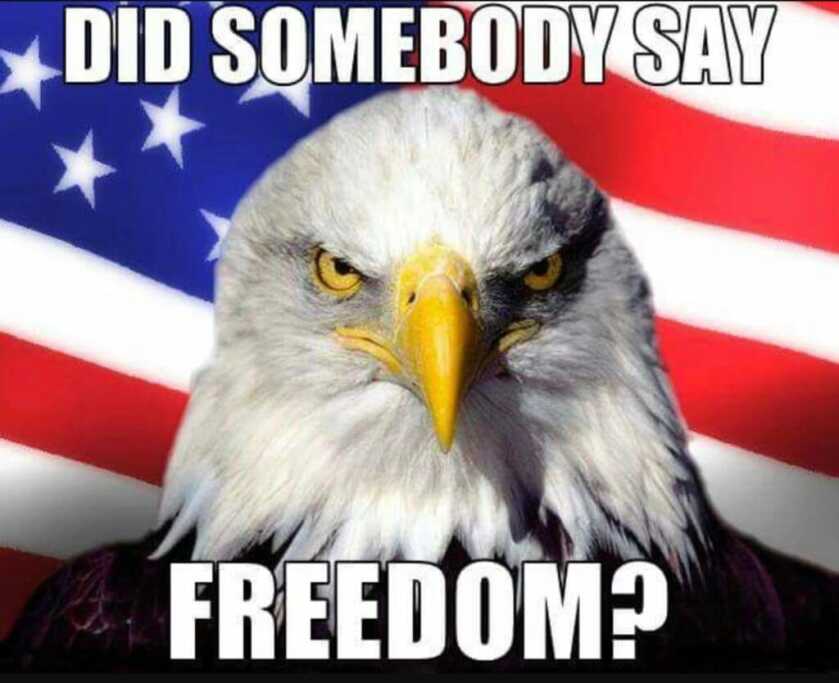
Estimated reading time: 11 minutes
Ours is an undeniably Eurocentric culture. Glossing over a few minor details, Europeans settled the East Coast, mercilessly displaced the Native Americans, and moved west en masse. Along the way, there was a spot of fighting. The country that emerged became the brightest beacon of liberty in human history. However, our roots were always in Europe.
The reason that is pertinent today is that during WW2 the Pacific theater was really sort of the red-headed stepchild of the American war effort. Most Americans more closely identified with London than Manilla. This same Eurocentrism persists to a degree even today.
Table of contents
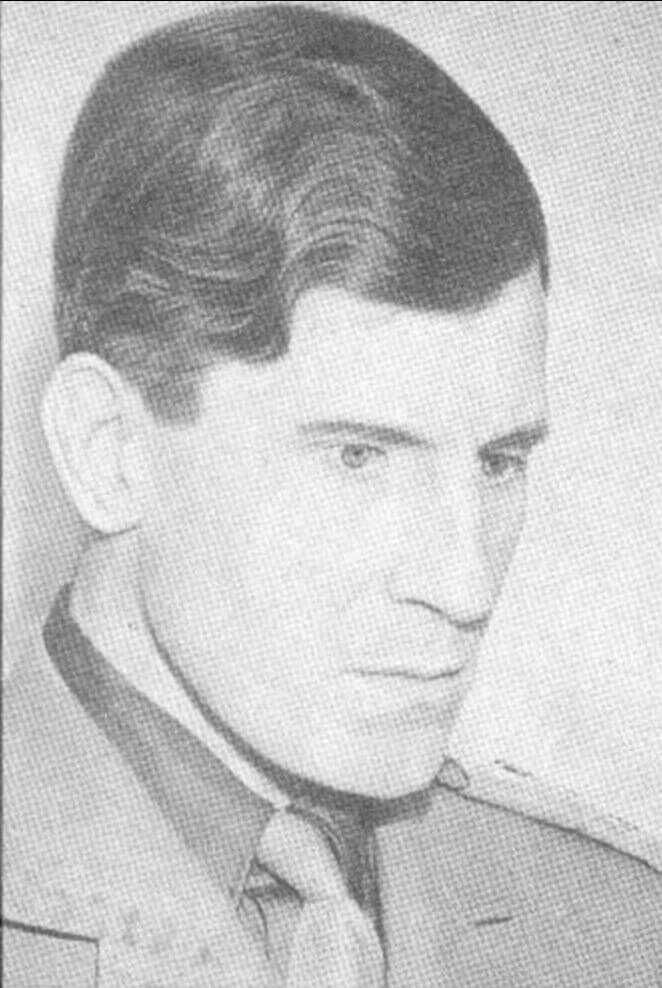
Who Was Orde Wingate?
Most anyone sufficiently enlightened to frequent GunsAmerica is already familiar with the airborne component of Operation Overlord. Band of Brothers and Saving Private Ryan captured our imaginations and just wouldn’t let go. What is not so well known, however, is that some seriously incredible special operations took place in the Pacific theater as well. One of the legends in that sordid world was British Major General Orde Wingate.
Orde Wingate was the quirky yet utterly audacious commander of the British Army Long Range Penetration Group known as the Chindits. Under the command of the certifiable nutjob Wingate, the Chindits operated deep in enemy-held territory just generally sowing mayhem among the occupying Japanese. Operating in a space wherein capture could easily result in a litany of horrible things up to and including cannibalism, Orde Wingate just didn’t freaking care. The fact that he had attempted suicide in 1941 by stabbing himself in the neck might have had something to do with his unnaturally fearless attitude.
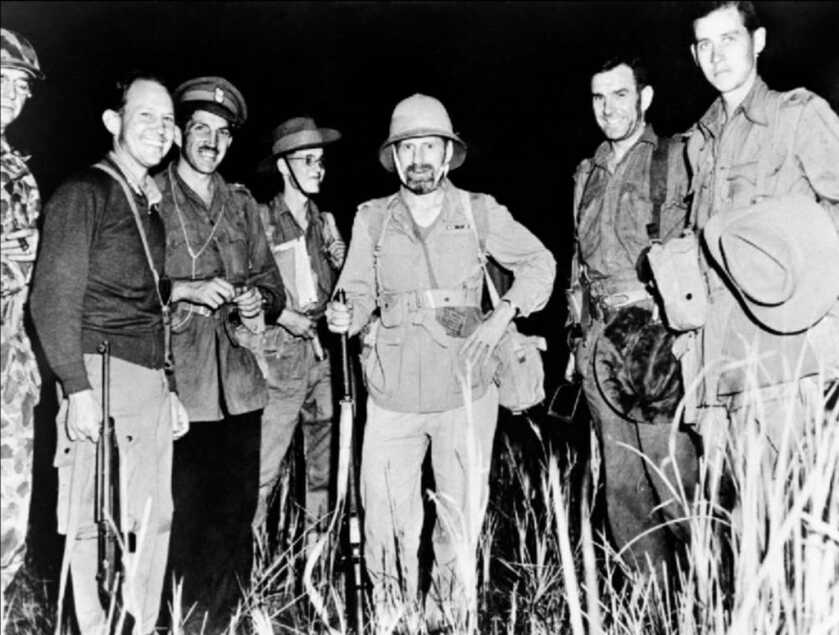
The Chindits were drawn from British and Indian combat formations. They battled the Japanese as well as diseases like dysentery and malaria during their time operating in the fetid Asian jungles. As the war progressed they became more and more adept at jungle fighting. Eventually, by 1944 the Chindits were operating on a strategic scale.
Operation Thursday
Starting in February of 1944, Wingate’s Chindits kicked off a bold offensive that feels more like something drawn from our recent combat actions in Afghanistan. Chindit planners identified three austere landing zones in Burma they christened Piccadilly, Broadway, and Chowringhee. The mission was to insert the Chindit combat brigades by air to take the fight to the occupying Japanese. However, moving hundreds of combat troops deep into hostile territory and then keeping them supported in such a vile space was a herculean task. The prime lifeline into these remote jungle strips was via C47 Dakota transports and CG-4 Waco gliders.
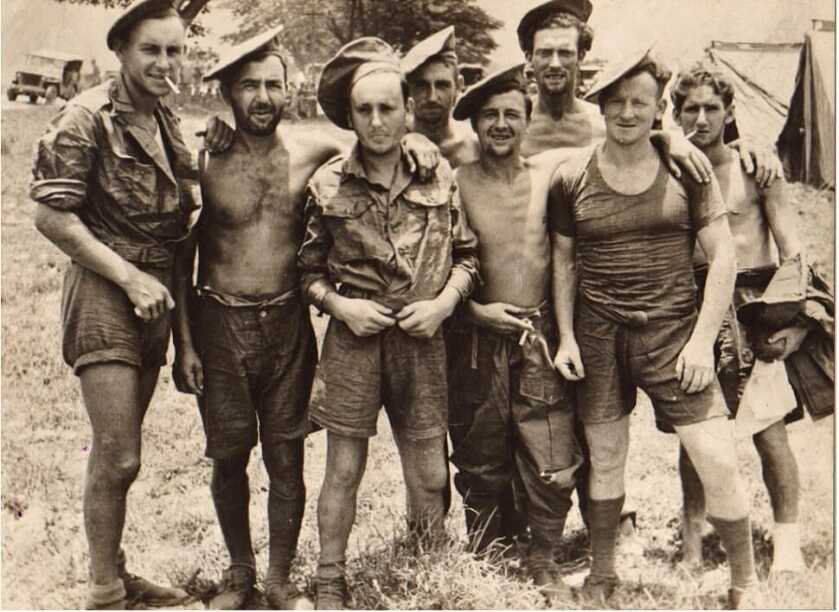
On 5 March 1944, Wingate’s 77th Brigade formed up to fly into Piccadilly. However, a last-minute aerial survey conducted by reconnaissance Spitfires showed the primitive airstrip to be befouled with teak logs. The operation’s leadership made a quick call and diverted the main body of the 77th to Broadway followed by further insertions into Chowringhee the following day.
Poor Conditions For Anything
These facilities were aerodromes in name only. The surfaces were rough, and the jungle encroached on all sides. Many aircraft were lost, and the Chindits suffered horrendous casualties just getting into the place. The glider pilots in particular had to have some serious stones. However, over the next week, the Allies still successfully inserted some 9,000 troops via 600 sorties.
The resulting close-quarters jungle fighting was absolutely brutal. In late March, the fight was up close, involving bayonets, kukris, and Japanese katana swords. In a world approximating hell, Allied soldiers fought like men possessed.
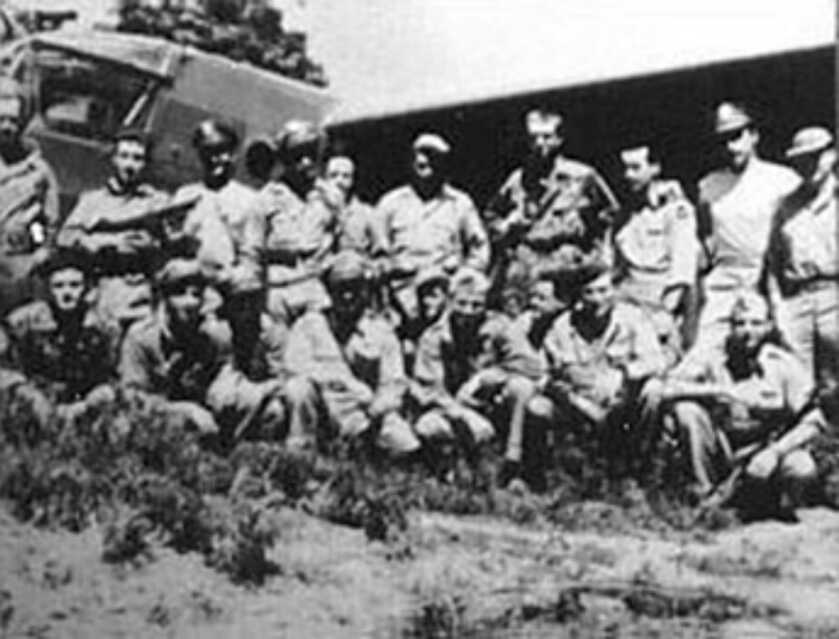
5 March had seen the initial assault via Dakota cargo planes and Waco gliders. Intel was sketchy, and nobody knew what to expect. The glider crews knew this was a one-way trip. One of the brave American pilots flying a CG-4 glider that day was a 29-year-old US Army Air Corps flight officer named Jackie Leslie Coogan.
A Most Remarkable Glider Pilot
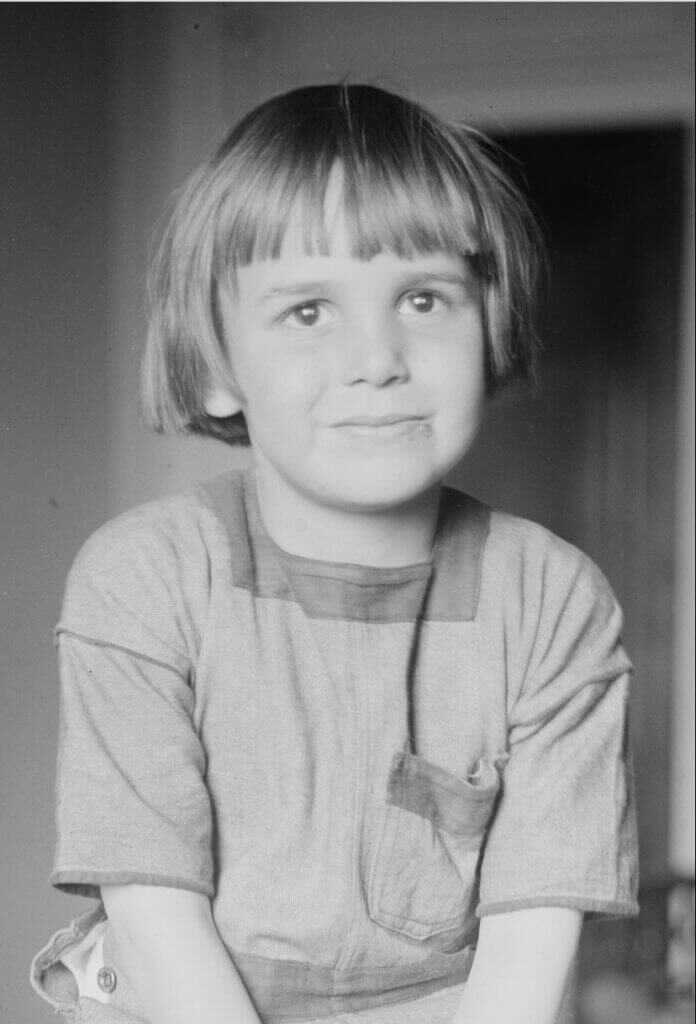
Coogan did not have a happy childhood. Born in Los Angeles on 26 October 1914, Jackie Coogan was Hollywood’s first child star. Jackie’s father, John Henry Coogan, was an actor. He and his wife sought to monetize their son’s naturally cute demeanor and outgoing personality. Young Jackie portrayed an infant in his first film at age three.
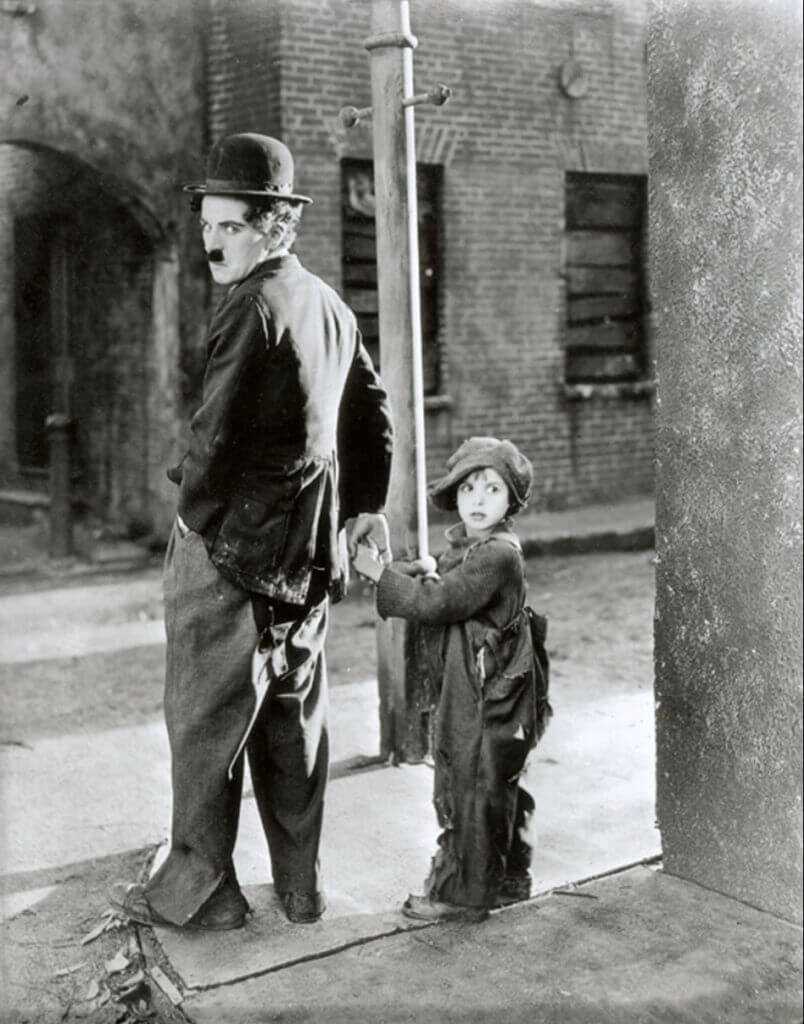
Famed silent film star Charlie Chaplin was smitten with the kid and used him in several of his movies. In 1922, Coogan won the lead in Oliver Twist. His visage was used to sell stationery, whistles, records, commemorative coins, the period version of action figures, and even peanut butter.
Like most kids raised in Hollywood, Jackie had a pretty tough life. He was tutored until age ten so he could work on movie sets, and most of his friends were drawn from the same broken source material. In November of 1933, a wealthy buddy of Coogan’s named Brooke Hart was kidnapped and held for a $40,000 ransom.
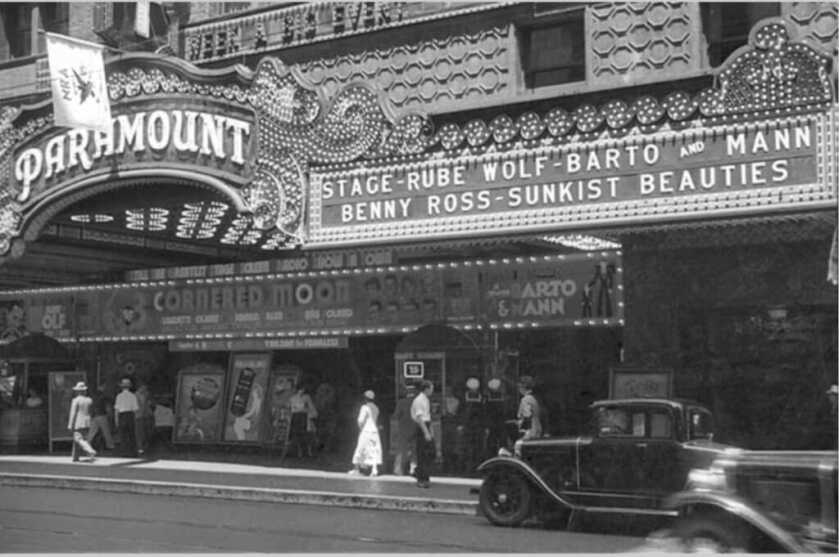
When the dust settled it turned out that the kidnappers, a pair of proper villains named Thomas Thurmond and Jack Holmes, had murdered Hart the day of the abduction. Once captured they were remanded to the San Jose jail. Word got out concerning the repugnant nature of their crimes, and a lynch mob dragged the two miscreants out of the prison. The two criminals were subsequently hanged in a nearby park. The California governor later offered his approval. An enraged Jackie Coogan held the rope.
Life Takes a Sordid Turn
Nobody knew how to manage child actors back then. Jackie had earned between $3 and 4 million dollars during his childhood acting career, the equivalent of between $44 and $59 million today. Coogan’s father had managed his wealth responsibly and well. However, the elder Coogan died unexpectedly in a car wreck in 1935.
Coogan’s mother subsequently married Arthur Bernstein. She and his stepfather were not good people. Bernstein had previously served as the family’s financial advisor and was a serious piece of work. In short order, he and Mrs. Coogan had burned through the poor kid’s fortune, squandering the money on cars, jewelry, and furs. Coogan took his mom and stepdad to court in a failed effort to recoup some of his money. He was rendered destitute by his legal costs.
His sordid story eventually inspired the 1939 California Child Actor’s Bill which was later titled the Coogan Law. This piece of legislation demanded that a child actor’s employer put at least 15% of his earnings in a trust and mandated certain standards in education, work hours, and time off.
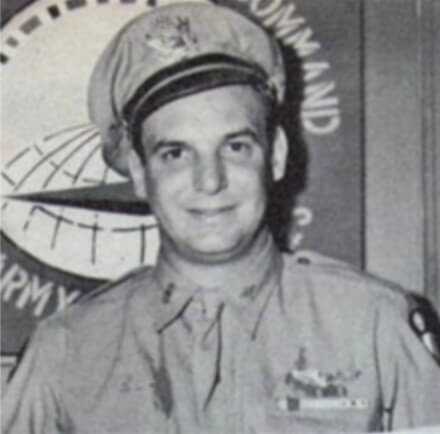
Along the way, Coogan had earned his credentials as a civilian pilot. When the Japanese attacked Pearl Harbor in late 1941, the young man volunteered for service in the Army Air Corps. He subsequently attended the Advanced Glider School and volunteered for duty with the 1st Air Commando Group. That was the path that ultimately took the young child star-turned-flight officer on a one-way mission onto the improvised airstrip called Broadway some 100 miles inside Japanese territory in early March 1944.
The Rest of the Story With Wingate
Operation Thursday was as risky as it was audacious. By a remarkable turn of fortune, Thursday kicked off just as the Japanese launched a massive invasion into India. The threat to their lightly protected supply lines offered by the Chindits forced the Japanese to divert significant combat power from their invasion. The overall Japanese commander, Mutaguchi Renya, later opined, “The Chindit invasion…had a decisive effect on these operations…they drew off the whole of 53 Division and parts of 15 Division, one regiment of which would have turned the scales at Kohima.” However, it all came at great cost.
READ MORE: Human Nature, Assault Weapons, and the Massacre at Wounded Knee
MG Wingate flew in to check on his deep bases on 24 March 1944. On his way out he approved a request to allow a pair of British war correspondents to join him aboard his American B-25 Mitchell bomber despite the vociferous protests of his pilot. This put the total passenger count at ten in a hot and high environment. The overloaded bomber subsequently crashed in northeast India, killing all onboard. Orde Wingate was 41 years old at the time.
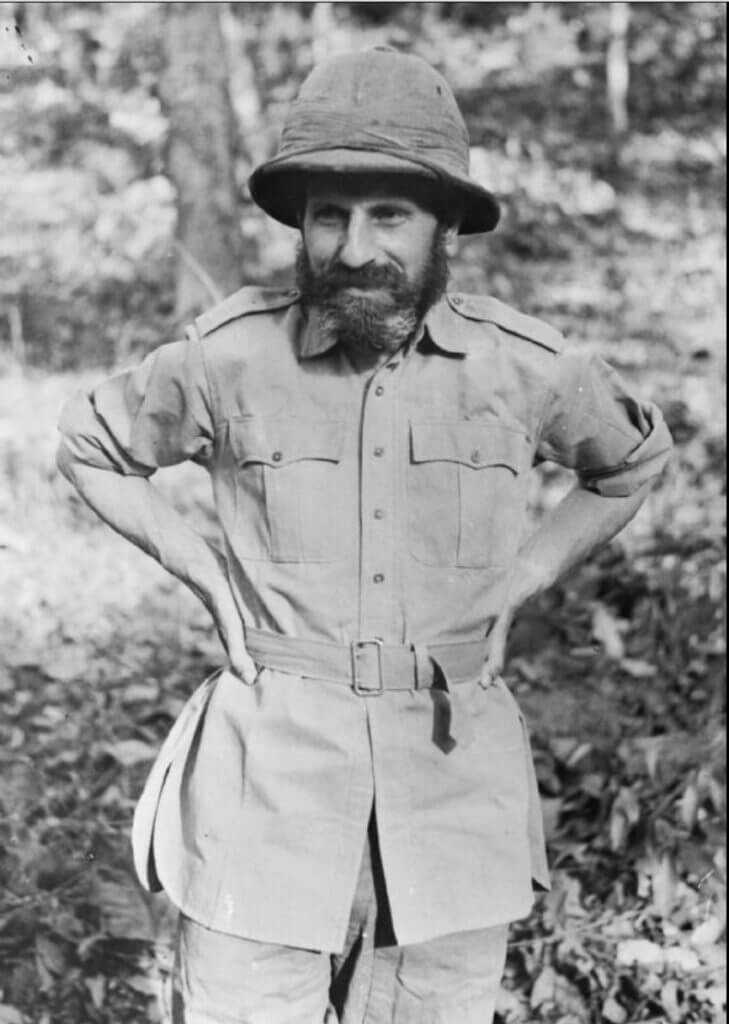
Commander Wingate: A Crazy Man
Orde Wingate was honestly more than a little bit crazy. He wore an alarm clock tethered to his wrist that would go off at odd hours. He kept raw onions and garlic on a string around his neck, nominally to ward off mosquitoes. He also happily munched on this vile stuff with regularity. He was completely comfortable with being naked in public and was known to walk out of the shower to give orders, all the while still working himself over with a shower brush. In 1966, Bernard Montgomery confided to Israeli Prime Minister Moshe Dayan that he thought Wingate to have been, “mentally unbalanced and that the best thing he ever did was to get killed in a plane crash in 1944.”
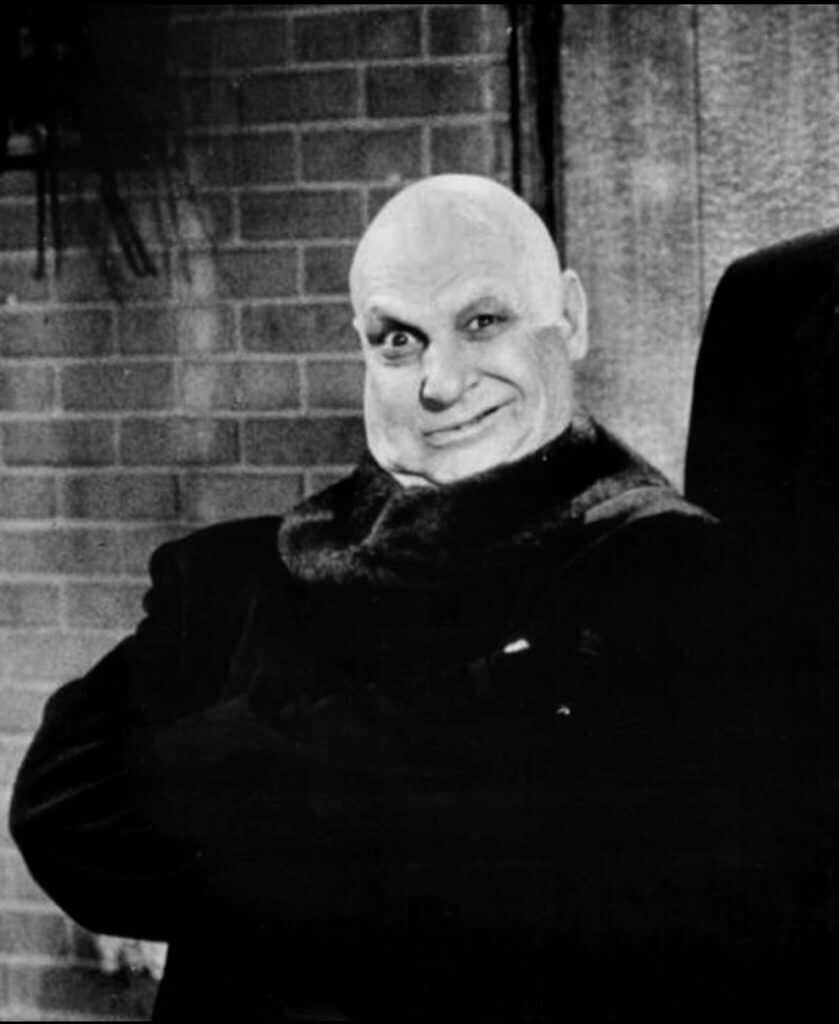
Jackie Coogan left the Army at the end of the war and returned to Hollywood. He rekindled his professional contacts in television and puttered along until he secured the most iconic role of his career. After appearing in guest spots on such classic fare as I Dream of Jeannie, The Brady Bunch, The Wild Wild West, The Andy Griffith Show, Hawaii Five-O, and Perry Mason, he finally landed on The Addams Family. Child star, war hero, and decorated glider pilot, most of us today would recognize Jackie Coogan as the portly, weird, and creepy Uncle Fester.
*** Buy and Sell on GunsAmerica! ***

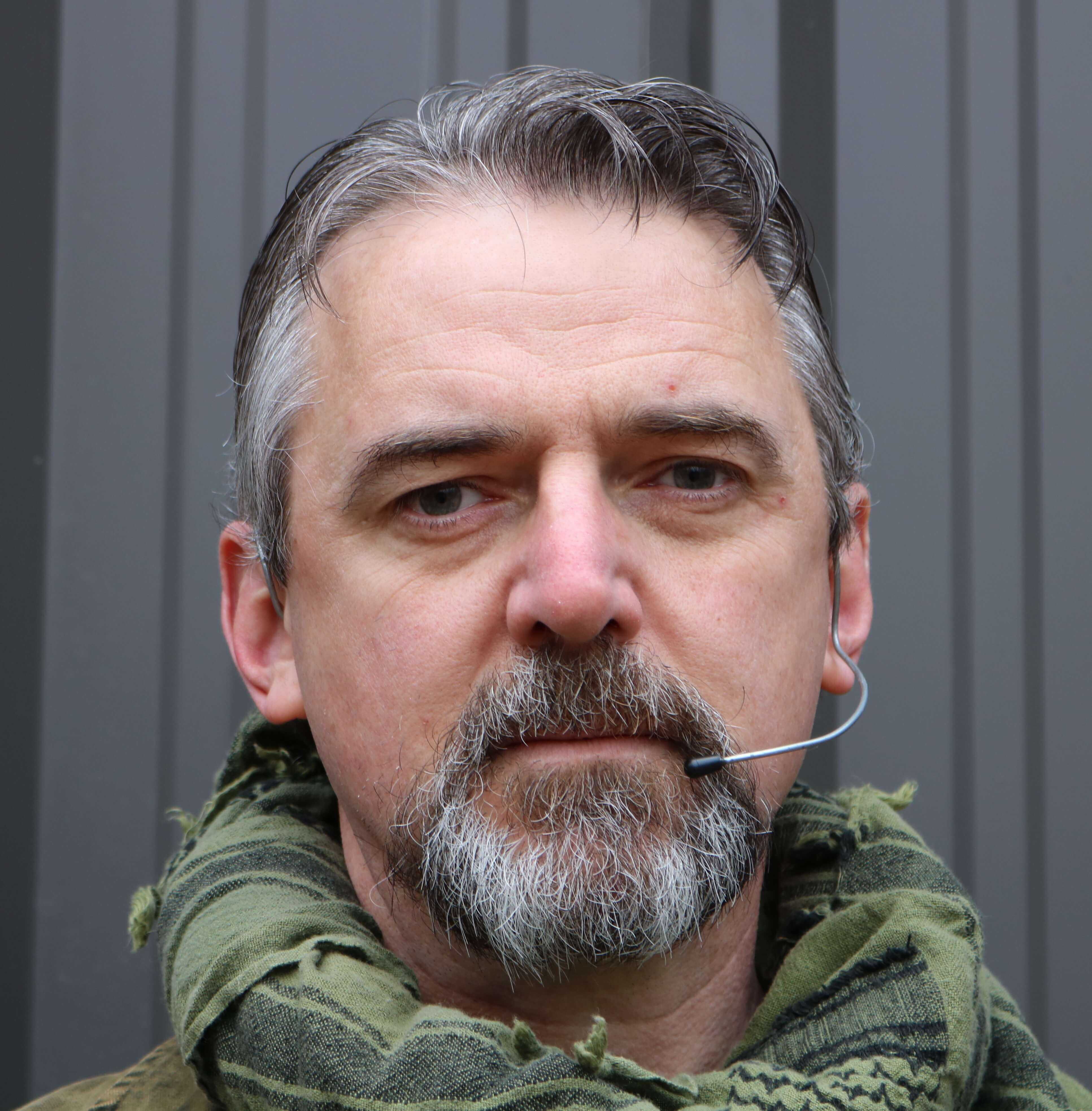
A story well told! Thanks Doc.
Dr. Dabbs puts out the best info. I just love his writings I would like to know where he gets such detailed info. Great writings. Thank you Sir.
Leave it to an arrogant ass like Montgomery to defile the memory of such an effective commander as Wingate and to a butcher of Brits no less. Crazy perhaps but nothing less than crazy will do against the moon shit nuts Imperial Japanese military.
Sure hope Coogan was NOT sexually exploited by the sexual predator Charlie Chaplain, the low life Chaplain was a hero of the other low life Harvey Weinstein.